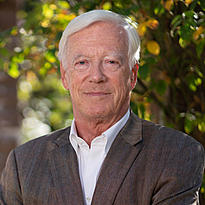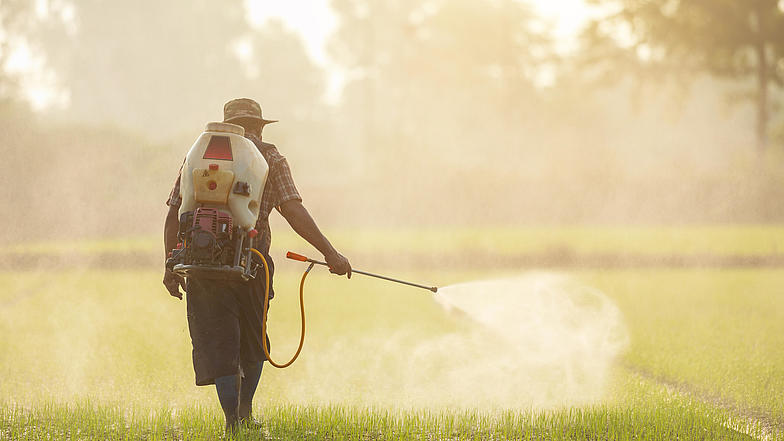As pesticide corporates continue business as usual despite growing public pressure, foodwatch urges the European Commission to introduce stronger regulation on pesticides, both what can be exported and what can be brought back into the EU as residues on imported food.
Highly toxic pesticides that have an EU risk assessment concluding “immediate concerns for human health or animal health or the environment” are not approved for use within EU Member States. However, these banned pesticides can legally be sold to non-EU countries. The export of these pesticides, that are already banned in the EU, is putting the life and health of people in countries outside the EU needlessly in danger. It is a blatant example of double standards. foodwatch calls upon the EU to introduce stronger regulation.

Allowing the export of pesticides banned in the EU to third countries implies that lives of people in third countries matter less than those in the EU. This is unacceptable.Director of foodwatch International
Pesticide residues: a poisonous boomerang
These pesticides that are banned in the EU are also coming back on the plates of European consumers. According to EFSA’s 2018 European Union Report on pesticide residues, vegetables and fruits that are sold in the EU contained residues of non-approved pesticides on it such as Acephate, Carbofuran, Chlorfenapyr, Carbendazim, Isocarbophos, Bromopropylate, Diazinon, Fenthion, Carbaryl, Fenithrotion.
Bayer, BASF & Co: Profits before people
Since April 2020, more than 57,000 people have urged Bayer, BASF and Syngenta to stop the export of pesticides banned in the EU with the foodwatch petition “People before profits! Stop the export of banned pesticides!”. After 5 months, the pesticide giants have still not introduced any measures to change their poisonous business practices. If we expect these corporates to take action by themselves for human rights and environment standards, it will be a long wait. These companies are clearly not willing to reduce their profits for any societal benefit.
Bayer and BASF are both making enormous profits selling dangerous pesticides that are not approved in the EU. Their headquarters are based in the EU and therefore it is the responsibility of the EU to ensure safeguards. This is both for people in the EU and in third countries. People must come before profit.Director of foodwatch International
EU regulation must stop double standards
foodwatch has written a letter to four Commissioners with portfolios which cover the use, safety and trade of pesticides. foodwatch calls upon the European Commission to forbid the production and export of pesticides that are banned in the EU due to their risk for health and environment, and to put in place EU legislation ensuring that the residues of banned, dangerous pesticides do not end up on the plates of EU consumers.
